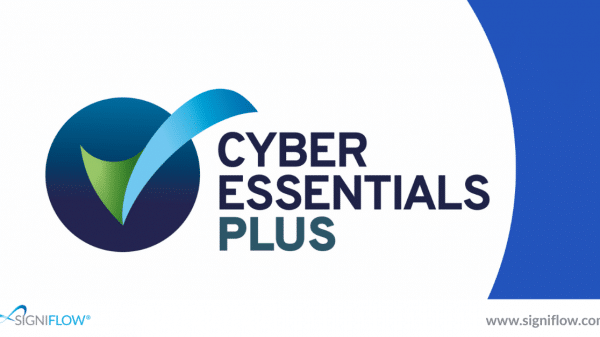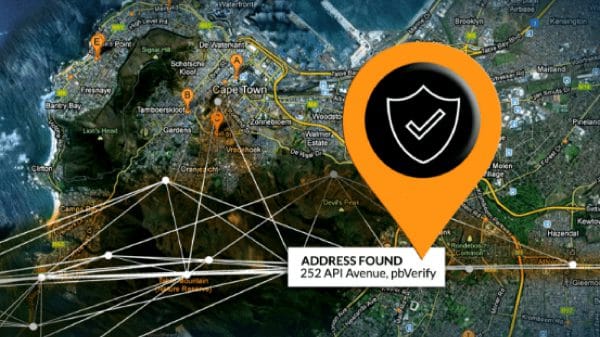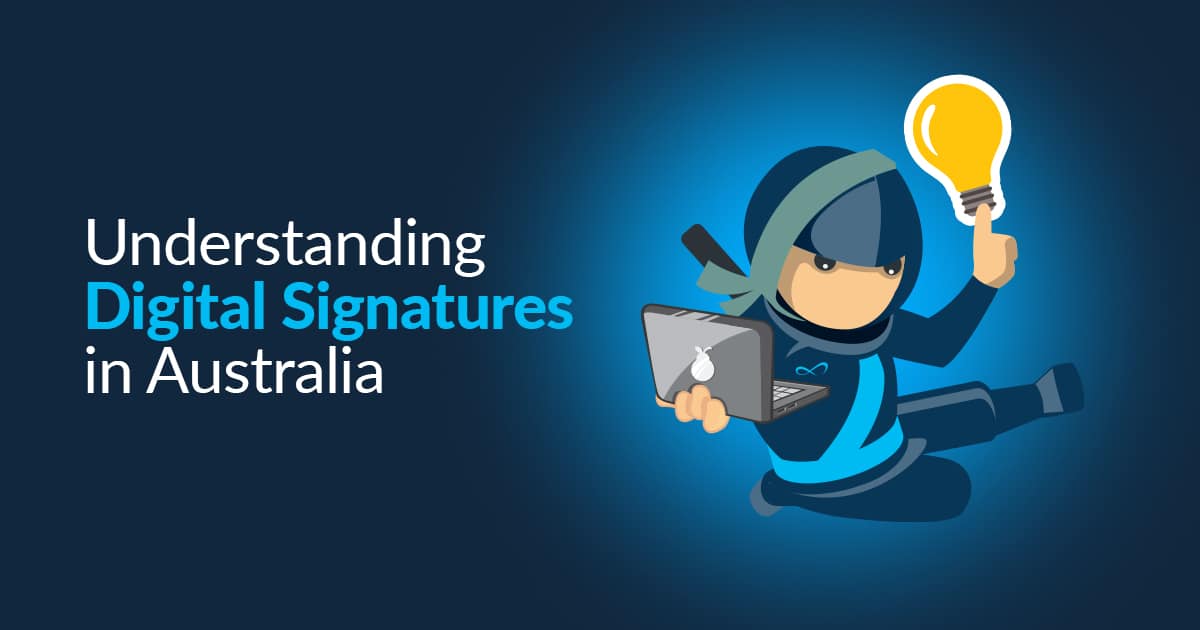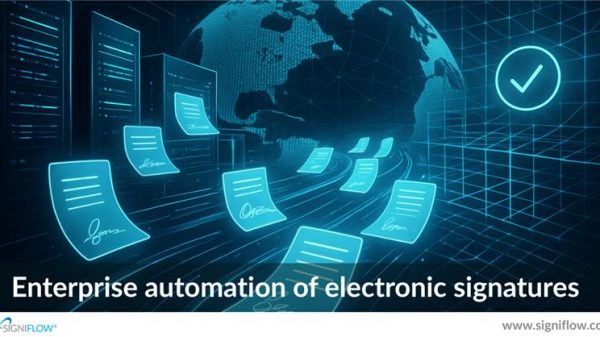Digital signatures in Australia are crucial to conducting business securely and efficiently. They play a critical role in verifying and authenticating digital documents, ensuring their integrity, and securing transactions. Understanding how digital signatures in Australia work will allow you to take your business process to new heights.
For many years, electronic signatures have been dominant in the Australian business market, but as technology progresses and the demand for more secure e-signatures increases, digital signatures are fast becoming the preferred choice for signing contracts in Australia.
Curious to learn more about digital signatures? Then read on:
What are Digital Signatures in Australia?
Digital signatures in Australia are produced through a mathematical algorithm to authenticate and guarantee the integrity of digital messages or documents. Digital signatures in Australia are based on public critical infrastructure (PKI) technology, with each signer possessing a public and private key. The signer’s private key creates the digital signature, which can then be authenticated using the corresponding public key.
Legal Framework in Australia
Digital signatures in Australia are legally recognised under the Electronic Transactions Act 1999 (ETA). This legislation provides the framework for using digital signatures in Australia and electronic transactions in Australia. According to the ETA, digital signatures in Australia are considered as reliable as handwritten signatures as long as they fulfil the requirements set out in the Act.
How Digital Signatures in Australia Work
Digital signatures in Australia is a mathematical technique used to validate the authenticity and integrity of a message or an electronic document.
A digital signature is based on public-key cryptography, using a public key algorithm to generate two keys – one public and one private.
In Australia, a digital signature is the equivalent of a handwritten signature, as it offers more inherent security than a simple electronic signature. A digital signature cryptographically seals the message (or document), making it tamper-evident.
A digital signature provides evidence of identity, which can be digitally verified using trust indicators that are built into the signatures and embedded into the document.
Benefits of Digital Signatures
- Security: Digital signatures in Australia provide strong authentication and ensure the integrity of documents.
- Efficiency: Documents can be signed and exchanged digitally, saving time and resources.
- Legality: Digital signatures in Australia are legally binding in Australia under the ETA.
- Environmentally Friendly: Reduces paper usage and promotes sustainability.
Use Cases in Australian Businesses
- Contracts and Agreements: Businesses can digitally sign contracts and agreements, eliminating the need for physical copies.
- Invoicing and Financial Transactions: Digital signatures in Australia can authenticate invoices and financial transactions securely.
- HR Documents: Human resources departments can use digital signatures in Australia for onboarding documents and employee contracts.
Implementing Digital Signatures
To implement digital signatures in Australia, you will need:
- A trusted digital certificate from a recognised Certificate Authority (CA).
- Software that supports digital signatures in Australia and complies with Australian legal requirements.
Digital signatures in Australia are a cornerstone of modern business operations in Australia. Understanding how to use them securely and effectively is crucial for complying with legal requirements and ensuring document integrity. Implementing digital signatures in business processes can enhance security, efficiency, and environmental sustainability.
In conclusion, digital signatures in Australia are a technological advancement and a tool for any Australian business looking to thrive in the digital economy.




























